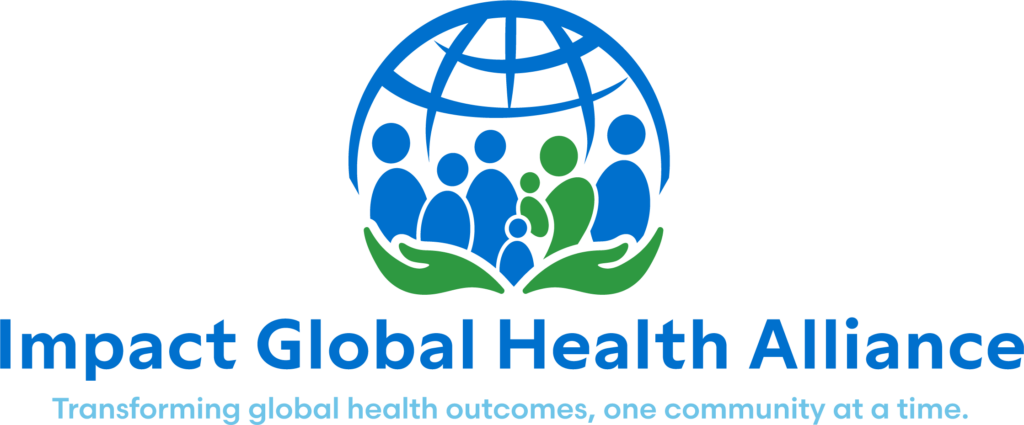Bonnie Jones, one of the founders of Impact Global Health Alliance Global, died earlier this year. She was a great champion for the work of Andean Rural Health Care in Bolivia and one of its spin-off organizations there, APSAR (Asociación de Programas de Salud Rural, or Association of Rural Health Programs). We want to remember her important contributions to our organization.
In the fall of 1981, the Andean Rural Health Project (as we first called ourselves) was just starting up as an initiative of Duke University through its Department of Community Health and Family Medicine. We held a public promotional event in September to let people at Duke know about this new activity. Bonnie was living in Durham at that time because her husband, Jameson, was the Dean of Duke Divinity School. Bonnie heard about our event and came because she had been to Bolivia several years earlier on a church work team and was eager to learn about this new endeavor at Duke with Bolivia.
Tragically, the following year, in 1982, her husband Jameson, then 53 years of age, suddenly and unexpectedly died of a heart attack. On the same evening of his death, in the midst of her grief, Bonnie had a vision that maybe she could help out the Andean Rural Health Project. She reached out to us in Bolivia and we began communicating. Bonnie and another recently widowed friend, Carolyn LeCocq, came to Bolivia for a month in 1983 and were able to experience first hand our work. We became good friends.
Over the next several years, Bonnie continued her struggle to build a new life for herself without her beloved husband. Being a church musician and vocalist, she took a position as director of music at a United Methodist Church in Minnesota. After a few years, she moved to the Dallas area to serve as a director of music at a United Methodist Church there. We kept in touch with her, and her strong support for our work continued.
By 1984, I had left Bolivia because of political turmoil there and had started a surgical practice in Haywood County, North Carolina, where Lake Junaluska is located. Lake Junaluska has been a meeting place for Methodists from the southeastern United States since the early 1900s. That same year, Andean Rural Health Project transitioned from Duke’s sponsorship to become an independent non-governmental organization. Bonnie served as our first Chair of the Board of Directors, a position she held for four years. She continued to serve on the Board after that as well.
In 1986, Bonnie felt called to jump into the deep end of the pool. She was well aware of our ongoing struggle in finding the funds to support the ongoing work in Bolivia. She decided to move to Lake Junaluska and work as a full-time volunteer to help us raise funds. For the next decade, Bonnie was our indefatigable champion.
She spent the first 6 months living in a bedroom of our new office at Lake Junaluska, working as a volunteer. She traveled to Bolivia many times, leading work teams and study tours. She gave presentations about our work, and promoted our cause with individuals. Bonnie and I worked closely together as friends, colleagues, and advocates who were passionate about our work to provide better healthcare for the Bolivian people. Bonnie had many friends and connections throughout the United Methodist church world, and through these connections she was able to build a much stronger base of support for our work than would have been possible otherwise. Andean Rural Health Care could not have made the progress it did during those early years without the dedication and service Bonnie provided.
John Wesley, the founder of the Methodist Church, famously said, “Do all the good you can, by all the means you can, in all the ways you can, in all the places you can, at all the times you can, to all the people you can, as long as ever you can.” Bonnie’s deep Christian faith, her commitment to Wesleyan service, and her love of hymns characterized her life. Over the course of her life, she also championed the cause of the Palestinian people. Music and missions were her twin passions.
The good that Bonnie did for our organization will continue to grow and spread, and for that we will always be grateful. The linkages that Bonnie built for our organization with churches and with people of faith has helped to create the foundation of our work as an expression of Christian service in the Wesleyan tradition.
Bonnie’s influence has gone far beyond her own mission work. She served on the committee that created the 1989 hymnbook of the United Methodist Church. The influence she had (along with her husband Jameson) on their two sons have led some to call her the Susanna Wesley (the mother of John Wesley, founder of Methodism) of American Methodism of the 21st century. Her son Greg is the long-time Dean of Duke University’s Divinity School (following in his father’s footsteps) and her son Scott is a long-time bishop of the South Central Jurisdiction of the United Methodist Church, currently presiding over the Texas Conference. She also had immense love for her two daughters, Shelley and Jani.
I close with appreciation for all that Bonnie provided to our early work and for the friendship she and I had arising from our shared passion to serve the people of Bolivia.
Henry B. Perry
You can make a gift to honor Bonnie and her legacy. Consider donating today: https://www.curamericas.org/donate/




